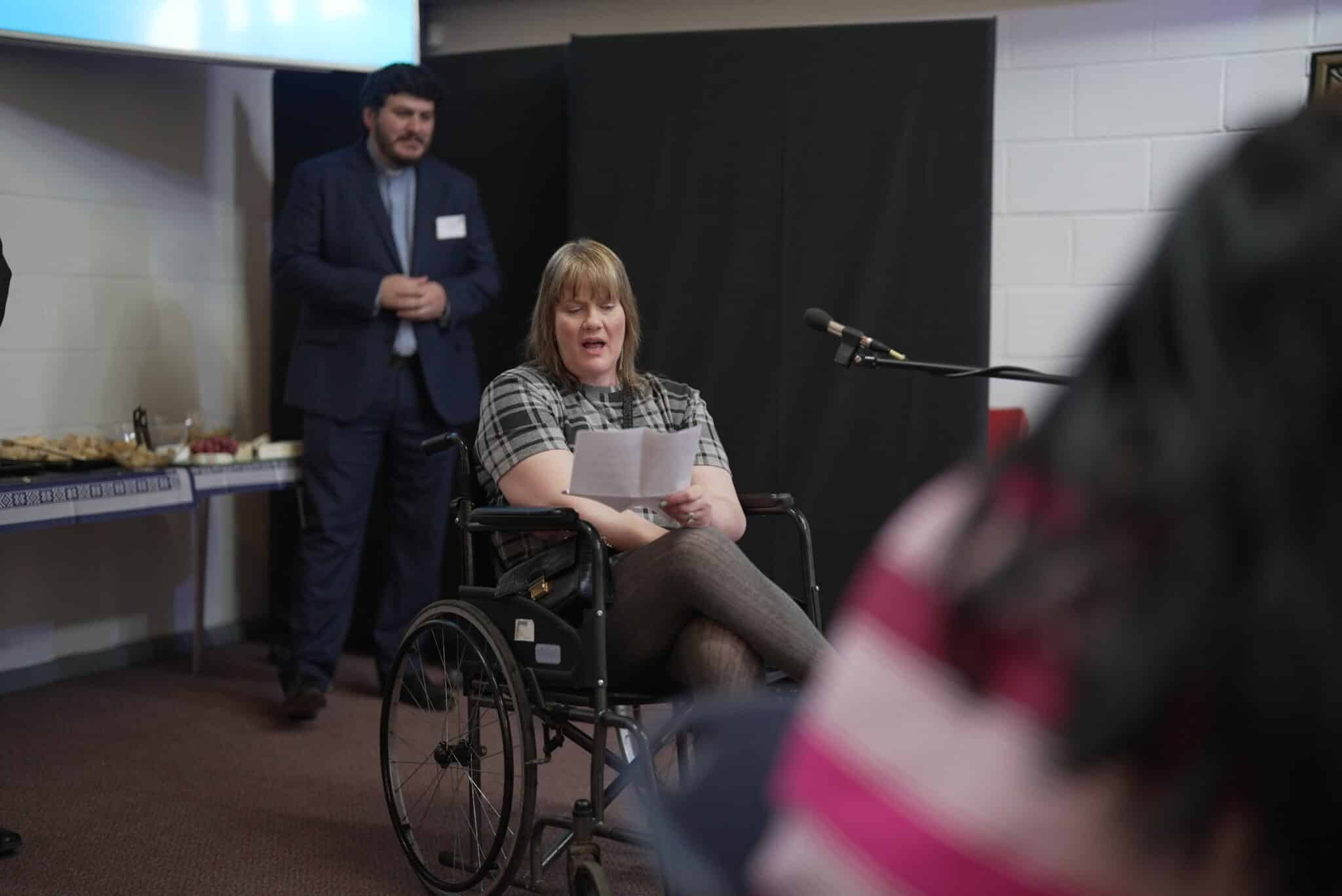2024: Learning, legacies and 50 reasons to celebrate
Local Trust’s chief operating officer, Rachel Rowney, looks back at a year of partnership building, new opportunities for neighbourhood regeneration and a major milestone for the Big Local programme.
As 2024 draws to a close, I wanted to look back and recognise what a momentous year it has been for the Big Local programme and for Local Trust as an organisation.
We started the year with 25 areas having completed their Big Local journey. In September, we marked 50 areas moving on from the programme, and we end the year with our minds firmly on securing a sustainable legacy for the remainder.
I’ve worked at Local Trust almost as long as the Big Local programme has been running. Having watched each of the 150 areas begin their journey, it’s bittersweet to now be watching each one come to an end.
And while Local Trust’s primary focus is to ensure each area can achieve their aims and deliver lasting change for their communities by spring 2026, we are also looking further into the future.

Attendees look at brochures, flyers and photo displays at Heart of Pitsea’s 2024 celebration event. Photo: Local Trust/Mark Massey
In 2024, we have sought to inspire, incubate and kickstart legacy projects that we hope will ensure these core [Big Local] principles are embedded in public service delivery, funding programmes and government policy.”
Evidence based on experience
Big Local remains one of a kind; the only large-scale community-led regeneration programme to provide long-term, non-prescriptive funding direct to the neighbourhoods that need it most. In 2024, we have sought to inspire, incubate and kickstart legacy projects that we hope will ensure these core principles are embedded in public service delivery, funding programmes and government policy.
All this work is securely underpinned by the experiences of Big Local areas and their volunteers, and the evidence base that has subsequently been built around this.
These experiences were shared compellingly this year by Jeanette Harold, community representative for Big Local and Director of CONTiNUUM, who joined us for the launch of our report with the Centre for Progressive Policy on delivering good jobs for doubly disadvantaged neighbourhoods – and also by Jenny Chigwende, who explored the community-led health initiatives set up by W12 Together in West London as part of our work looking at the power of neighbourhood healthcare.
Local Trust’s research team has also been capturing this evidence so that academics, community development workers and policymakers can continue to build on Big Local principles well into the future. They have been meeting with each area to put together their individual profile for our new legacy website, Learning from Big Local, which will launch in 2025.
The most important aspect of the Big Local programme remains the impact it has on individuals and their communities.”
Meanwhile, some of the projects we hope will use our Big Local learning have already kicked off.
- In April 2024, we launched our partnership with the NHS confederation. The resulting case for change report was enthusiastically received by key decision makers in government, in NHS England, in Integrated Care Boards and among healthcare staff. The next steps will include action research in Big Local areas and many more opportunities to share our work with policymakers.
- We took the opportunity of co-sponsoring New Local’s Stronger Things conference in June, to launch the national network for neighbourhood improvement (3ni). A network for local authority officers – which is free to join – 3ni has been organising seminars and study visits, as well as developing a new discovery tool to help local and combined authorities identify their priority neighbourhoods for capacity building and community development.
- In September, we helped to set up the Independent Commission on Neighbourhoods (ICON). Chaired by Baroness Armstrong of Hilltop, it will produce its first report on the state of England’s neighbourhoods, along with a set of recommendations, in time for the government’s 2025 spending review. ICON commissioners will be drawing on evidence from the Big Local programme and beyond, as well as visiting Big Local areas and other community-led neighbourhood-based projects around the country. The call for evidence is currently open.
The case for community-led neighbourhood regeneration
The most important aspect of the Big Local programme remains the impact it has on individuals and their communities.
This year, we’ve heard stories from Big Local partnerships in Portsmouth, Runcorn, East London, Blackburn, Poole, Cumbria, Plymouth, West Bromwich, Blackpool, West Yorkshire, South Yorkshire, Liverpool, Hastings and Cornwall, to name just a few.
We’ve also followed stories of personal transformation for individuals like Nikki, whose journey with the Community Leadership Academy I wrote about in March this year.
Nikki went on to reflect on her experience with Windmill Hill Big Local – including their work redeveloping the local church and community hub, St Bert’s. As Nikki says: “I’ve gone from not being able to get out of the house and now I’m talking to anybody and everybody.”

Nikki, chair of Windmill Hill Big Local, speaks to attendees at the opening of their community hub. Photo: Local Trust/Danyelle Rolla
All these stories are the culmination of years of hard work and the dedication of committed volunteers. They are also the best evidence that can be marshalled in favour of community-led neighbourhood regeneration – and will be at the centre of our celebrations in 2025, when we mark the programme’s next major milestone: 100 areas completing their Big Local journey.
Rachel Rowney is chief operating officer at Local Trust

